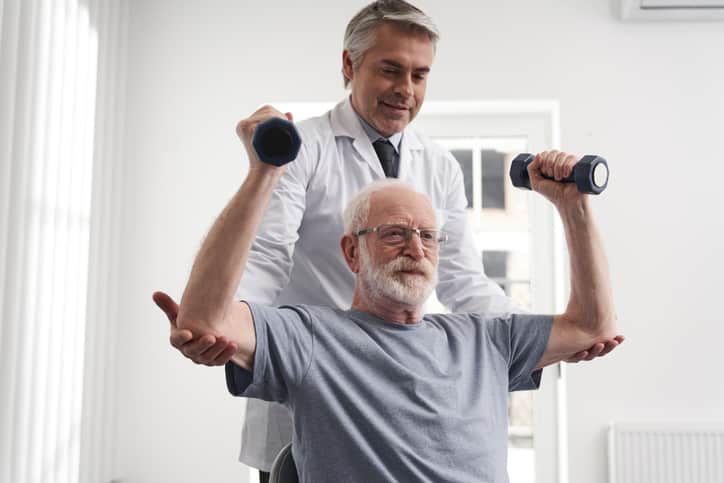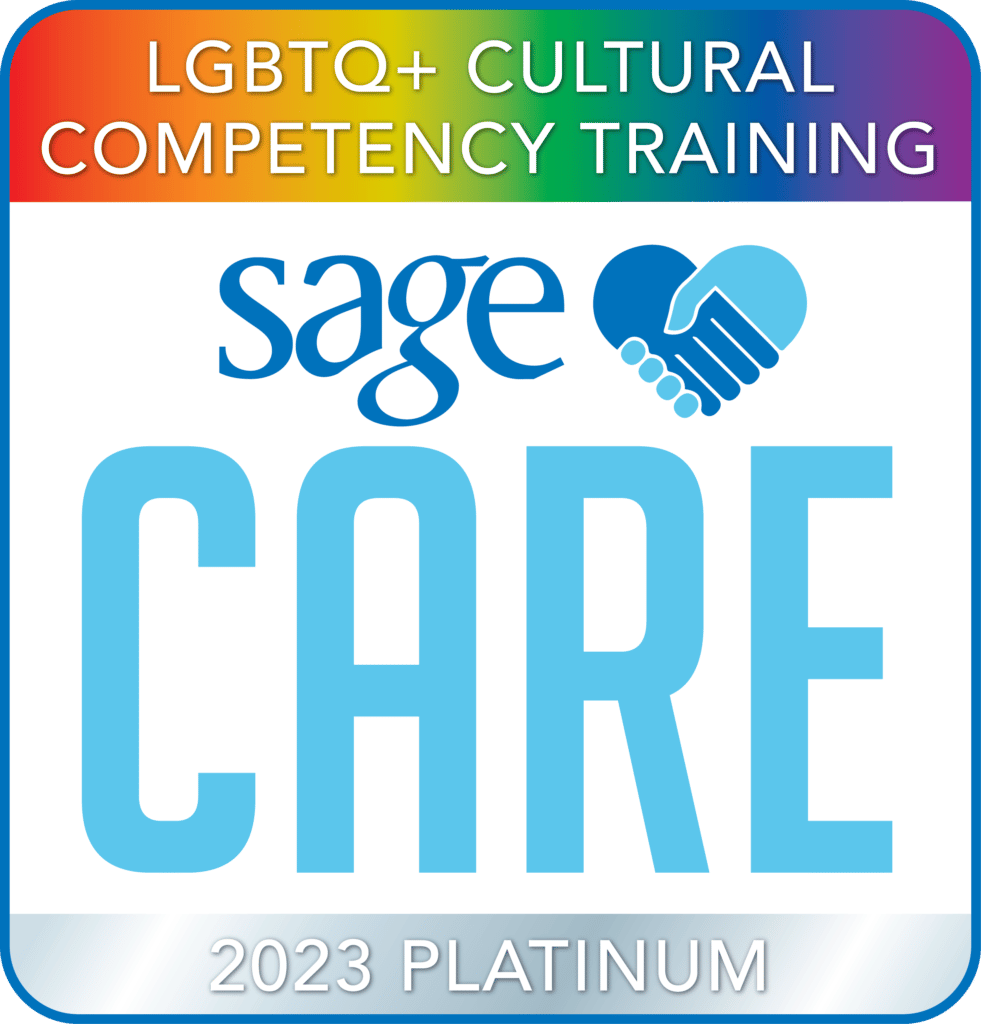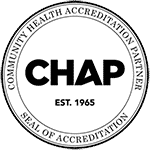Caring for a Senior Recovering from a Stroke

When caring for a loved one who has survived a stroke, you may have a lot of questions about their condition, how to support them during their recovery journey, and what their needs will be moving ahead. You may also worry about how you will manage in your new role. If you’re looking for advice and support during this time, especially if this is your first time caring for someone who’s suffered from a stroke, here are some valuable insights from our home health aide services team in New Jersey.
Stroke recovery
A stroke can be a big shock to you and your loved one. While it’s important to focus on recovery and understanding what level of recovery is possible, it’s also important to act fast to prevent future strokes. Additional strokes are 40% more common after the initial stroke, and much of what you can do to help your loved one recover will also help reduce this risk.
Step 1 – Work with the doctor
Sit down with your loved one’s doctor and discuss what happened during the stroke event, and what they can recommend to improve recovery and prevent future strokes. They are also a helpful resource in building a timeline for recovery, although you must remember that this will be very general and non-specific.
Step 2 – Start rehabilitation early
Rehabilitation should start as early as possible, using specialized therapists to address the effects of the stroke. After a stroke, the brain is in a high state of cortical plasticity. The term sounds complicated, but it means that the brain is in a survival mode and trying to rewire itself as quickly as possible. Rehabilitation – whether it’s speech, occupational, or physical therapy – can help strengthen these new connections where possible to help get the most improvement before the brain becomes more like its old, hardwired self. It’s also important to encourage them to do as much as possible by themselves (with you nearby) to reinforce these connections.
Step 3 – Become a translator
Aphasia, or difficulty speaking and understanding, is common in stroke patients. While it does tend to generally get better with time, be ready to act as a translator for your loved one for a few months at the least. Not being able to communicate or be understood can be very frustrating, so be ready with some easy and simplified methods that they can use. Use simple phrases, photographs on your smartphone, or symbols you draw on paper. Be ready to repeat yourself slowly, clearly, and often, and try not to get upset or frustrated. Try a few different methods to see what works best for your loved one, then adopt that method wherever you can to help strengthen communication.
Step 4 – Care for emotional as well as physical health
While a lot of stroke recovery revolves around physical rehabilitation and support, it’s important not to forget that having a stroke is a frightening and destabilizing experience. By caring for their psychological health by watching for signs of depression, anxiety, and stress, and working with a mental health professional, you can help boost physical health, confidence, and recovery. We also recommend that your loved one gets plenty of rest, that you create a daily routine that’s reliable and easy to stick to, and that you try meditation and relaxation techniques as part of your caregiving routine to help ease any form of PTSD or fears from the event.
Step 5 – Look after yourself
A stroke can be just as traumatic to you as it is to your loved one, and the increased care and uncertainty that comes with it can be very challenging to handle. As a caregiver, it’s important that you take as much care of yourself as you do for your parent. Remind yourself to get help from reliable sources and share the work, take time off for self-care, and give yourself the support you need to manage the additional stress and impact. Try to join a local support group, call on family and friends for assistance, and not be hard on yourself if things get tough. It can also help to have a professional senior caregiver on your team who understands stroke recovery and has the qualifications, time, and training to supply additional care.
Stroke recovery for seniors at home in NJ
United Methodist Communities HomeWorks is a provider of specialized in-home care for seniors in NJ. We offer trained and licensed home health aides who can work by the hour or by the day as needed to make sure your loved one has all the support needed during their stroke recovery. To find out more about stroke recovery for seniors or how our home health aide program works, contact us today or visit our website at:






